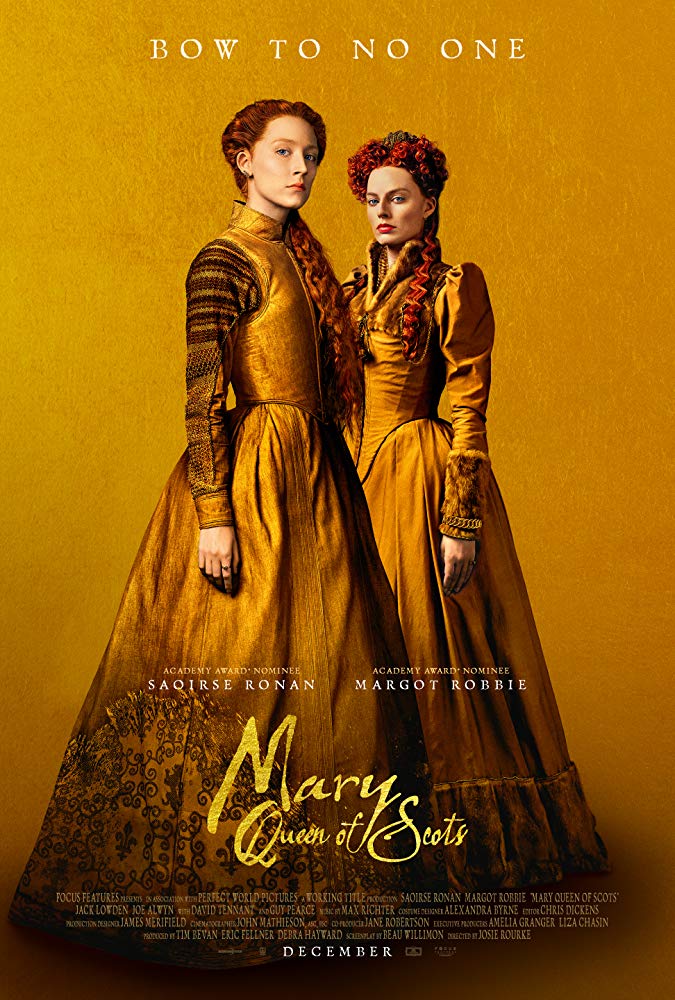Reading Vladimir Nabokov’s Lolita as a love story is a standard initial interpretation of the novel, despite the kidnap and rape of the titular 12 year old girl by her ‘lover’, Humbert Humbert. It is a surprisingly common reaction, considering the outright perversion of the relationship.
Looking at the character of Humbert Humbert, it’s easy to pick apart why readers might justify this response – his intelligence, glittering language, and ‘fancy prose style’ does wonders in the art of distraction. Many readers are seduced by him, realizing only with hindsight that they have acquiesced in the abuse of a child. He justifies his perversion with the excuse of love, murder with that of revenge, and many readers went along for the ride, and it was exactly these plot points that sprang to my mind when I first watched Lifetime’s YOU, which has been recently added to Netflix’s collection.
It tells the story of bookshop manager, Joe, that falls head over heels in love with a girl, Beck, and takes extreme lengths in order to become a part of her life. Joe is a charismatic and clever literature enthusiast. A self-proclaimed-old-school-romantic, some of his actions seem questionable, yet the audience shows no shame in rooting for him, and the show encourages us to sympathize with the logistics of his increasingly obsessive stalking. Problematic online and physical stalking escalates to the kidnap and murder of Beck’s ex-boyfriend, best friend and in the end – her.
[embedyt] https://www.youtube.com/watch?v=cKOhno0IMpA[/embedyt]
Despite the obviously abusive nature of this relationship, the feedback from fans has been unrelentingly supportive for Joe. Tweets vary from tagging Penn Badgley, who plays Joe, with statements such as;
“kidnap me pls”
“Said this already but @PennBadgley is breaking my heart once again as Joe. What is it about him? (Broken heart emoji)”
“just started YOU on netflix & i know i am supppsed to find joe creepy and stalkerish…. but i would soooooo 10/10 bang. like repeatedly..”
This has led the lead actor himself to respond with concern to the people who don’t see Joe for who he really is, a stalking serial killer, and to dismantle the idolization of violent or obsessive behavior being condoned as ‘romance’.
We see both Lolita and YOU through the seductive lens of our unreliable narrators. The cleverness of the abusers and manipulation of the vulnerable targets transcend the page and screen and manage to work their magic on the audience.
And there’s another parallel here – Joe’s manipulative words, as Humbert’s, are taken verbatim. He’s just a love-sick chivalrous knight trying to do what’s best for Beck. Yes, he may stalk, kidnap and murder people, but it’s for good reason. Beck is seen by a selection of the audience as too annoying, basic, and ungrateful to see that he did a bad thing for a good reason. These interpretations ignore the possibility that we, as an audience, are lured into sympathizing with the predatory anti-hero, that there is a voice of legitimacy and reason being overshadowed.
Lionell Trilling described the plot of Lolita as the “the seduction of a middle-aged man by a twelve-year-old girl.” Despite the fact that Humbert orchestrates Lolita’s life so that she has no choice but to go away with him. Nabokov wrote himself that Lolita was a novel with “no moral in tow”, and I’m sure many would think the same for YOU. Both men do as they please to fulfill their darkest fantasies and ruin many lives in the process, and audiences receive their actions with affirmation – what message can be taken from this?
[embedyt] https://www.youtube.com/watch?v=ga1m0wjzscU[/embedyt]
I believe these stories are a lesson in reading, or interpreting. We see them from the skewed and manipulative perspective of Humbert and Joe, and those that fail to acknowledge the subjective nature of this become miss-readers. Readers or watchers who understand that the anti-heroes have an agenda can see through their beguiling and enticing language to the truth. That Humbert and Joe are not hard-done-by-old-school romantics trying to get by in the modern age, but calculating, devious men who will stop at nothing to get what they want. Beck and Lolita aren’t spoilt, annoying and ungrateful, but strong, unfortunate, targeted victims, who didn’t stand a chance against the twisted wolf in sheep’s clothing.
Both Lolita and YOU also serve as a disturbing example in just how far mainstream media, and by extension, society, will excuse the undoubtedly bad actions of charismatic white men. An awareness of this destructive complex is crucial in order to challenge ourselves to see past the seduction and observe these representations for what they really are – a tale of predatory and destructive behaviors.





Amazing! Its genuinely amazing article, I have got much clear
idea concerning from this article.